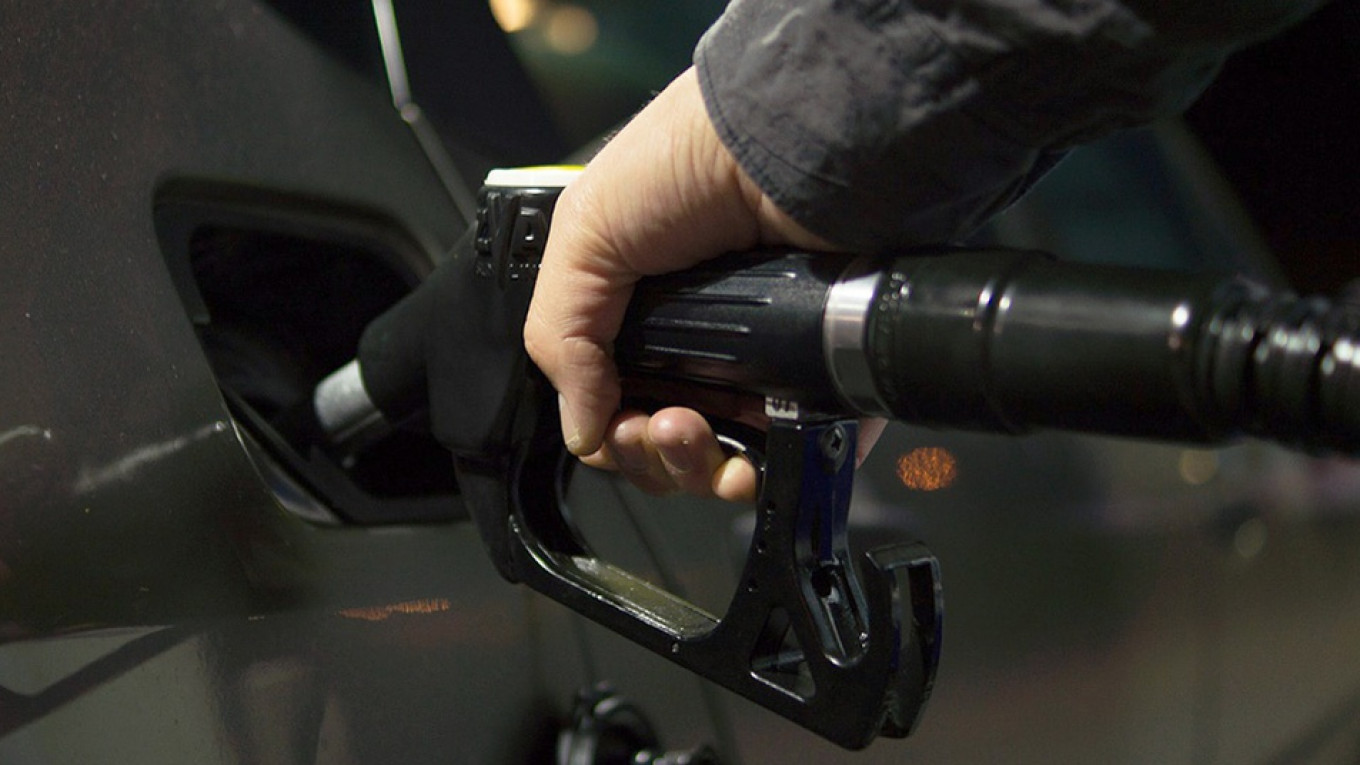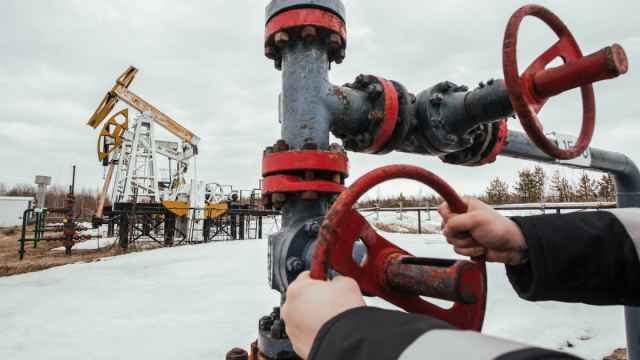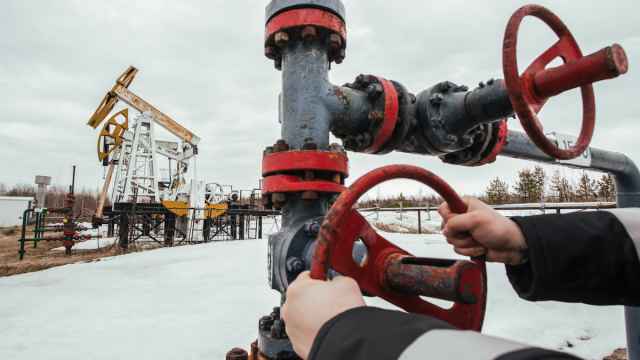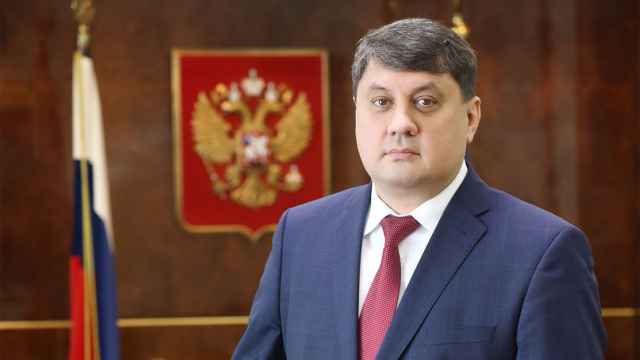The Russian government and oil companies have agreed to cut wholesale domestic fuel prices as a temporary measure aimed at stemming an unwanted increase in the cost of petrol and diesel, a politically sensitive issue for voters.
Petrol has become more expensive as a global deal to curb oil production led to a rise in the price of crude. Imminent U.S. sanctions against Iran, a large oil producer and exporter, have also lent upward pressure.
Russian authorities are keen to prevent fuel from becoming too costly because previous price spikes angered voters. The government is already taking a series of unpopular measures to raise more revenue for the budget and needs to tread carefully.
Earlier this year, it raised the rate of value-added tax and sharply increased the pension age — a move that knocked public support for President Vladimir Putin.
According to Thomson Reuters Kortes data, gasoline and diesel retail prices have increased by almost 7 percent since May, way above annual inflation of around 4 percent — the level at which the government has promised to cap fuel prices next year.
On Wednesday, the government and the largest oil producers hammered out a temporary deal to keep prices down, avoiding tougher measures such as prohibitive oil export duties.
"A solution has been found, the situation has started to calm down," Deputy Prime Minister Dmitry Kozak told reporters after meeting with the oil companies.
According to the Russian central bank, the cost of gasoline has remained the main factor affecting inflation expectations, followed by the weaker rouble and food prices.
Decision
Under the deal, which will be in force from Nov. 1 until March 31, oil firms will ramp up petrol and diesel supplies to the domestic market by 3 percent per month versus the year-earlier period.
Next year, oil companies will be allowed to raise prices, frozen until the end of 2018, in line with inflation.
"This is not a market mechanism, and does not add to the system's transparency," said Denis Borisov, director of the EY consultancy's oil and gas center in Moscow.
What will the government do if oil prices rise and the rouble weakens? This is only a temporary stop-gap measure in comparison to the new taxation starting on Jan. 1."
The retail cost of a liter of Ai-92 fuel, the most commonly used grade in Russia, jumped 7 percent to almost 42 roubles per liter in April-June, after which the government effectively brought in a price freeze.
The Russian oil industry is due to get a new taxation system from Jan. 1 that will cut export duties while at the same time increasing the mineral extraction levy.
VTB Capital called the agreement between the state and the companies "a move away from the market-pricing basis".
A Message from The Moscow Times:
Dear readers,
We are facing unprecedented challenges. Russia's Prosecutor General's Office has designated The Moscow Times as an "undesirable" organization, criminalizing our work and putting our staff at risk of prosecution. This follows our earlier unjust labeling as a "foreign agent."
These actions are direct attempts to silence independent journalism in Russia. The authorities claim our work "discredits the decisions of the Russian leadership." We see things differently: we strive to provide accurate, unbiased reporting on Russia.
We, the journalists of The Moscow Times, refuse to be silenced. But to continue our work, we need your help.
Your support, no matter how small, makes a world of difference. If you can, please support us monthly starting from just $2. It's quick to set up, and every contribution makes a significant impact.
By supporting The Moscow Times, you're defending open, independent journalism in the face of repression. Thank you for standing with us.
Remind me later.






